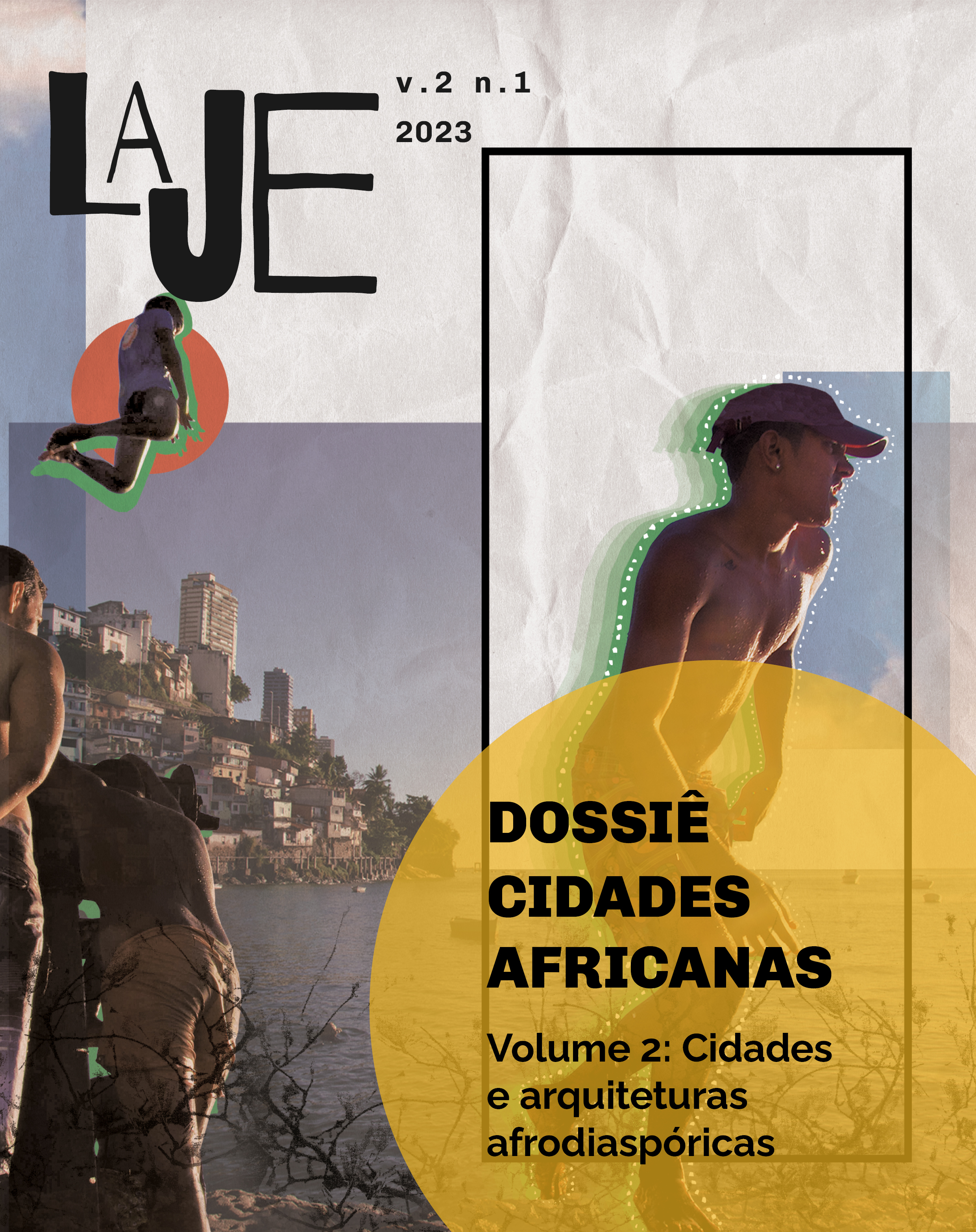“Quem pode ser dono da morada de deuses?”
Terra, terreno, terreiro
DOI:
https://doi.org/10.9771/lj.v2i0.55956Palavras-chave:
terreiros, patrimônio cultural, posse e propriedade, diáspora negra, antropologia do direitoResumo
O que acontece quando orixás, ancestrais e espíritos extrapolam os muros dos terreiros e passam assentar-se em documentos e órgãos burocráticos? Quando (ar)riscam ponto não apenas na metrópole, mas também na arquitetura das instituições? O artigo explora a contaminação recíproca entre nomos (o mundo normativo do Estado) e axé (o mundo normativo afroatlântico), a partir do processo de tombamento da Casa Branca do Engenho Velho (Salvador/BA), primeiro templo de candomblé patrimonializado em nível federal, na década de 1980. Ao longo do conflito (fundiário e ontológico) travado pela manutenção da morada dos deuses negros, imaginações contrastantes acerca da terra (e sua reconversão em chão) e da nação (na multiplicidade de seus enredos) cohabitam não apenas nos discursos e práticas do povo de santo, mas em mitologias e ritos de funcionários públicos, despossuindo os sentidos da cidade, dos direitos, das heranças e dos patrimônios.


